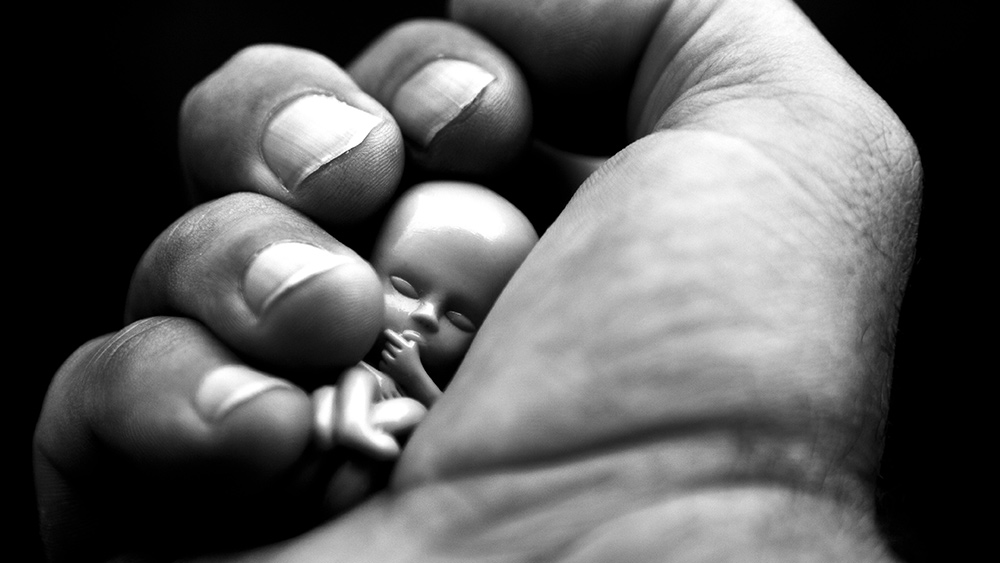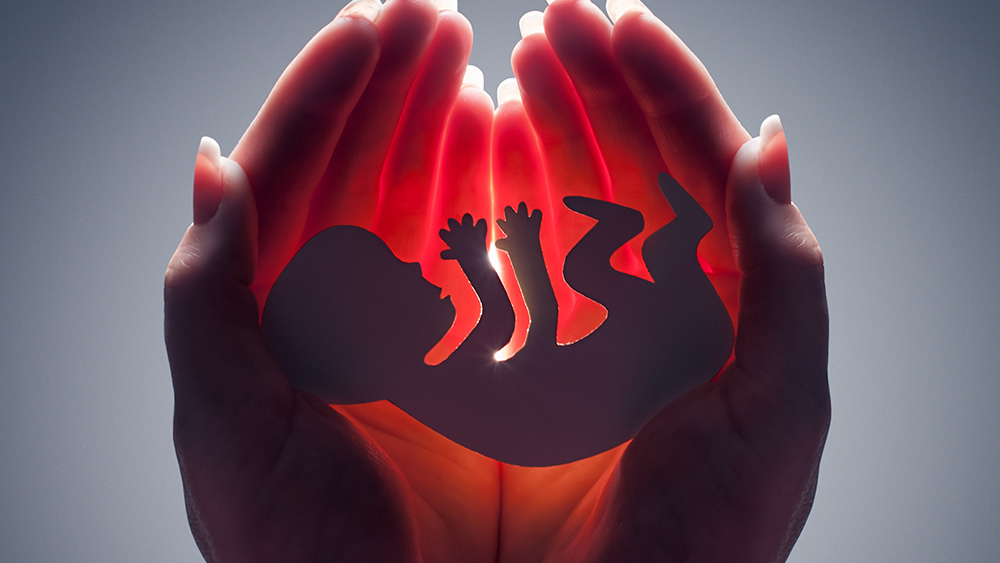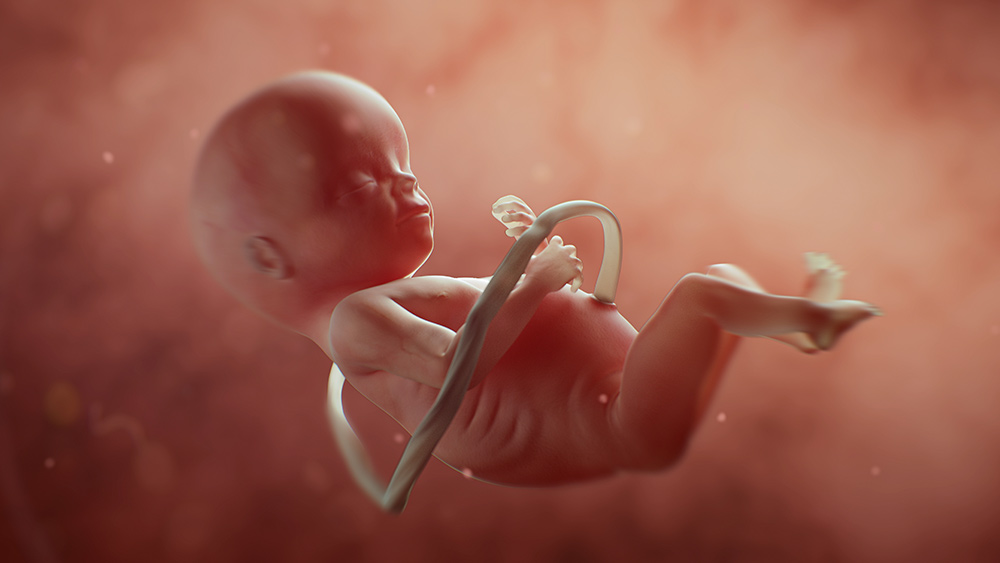
A gruesome new pro-abortion bill proposed in California could legalize infanticide for weeks, months, or even years after a child is born, an attorney with the Thomas More Society told LifeSiteNews.
(Article by Ashley Sadler republished from LifeSiteNews.com)
AB 2223 was introduced in February as a placeholder for future legislative language amid a raft of pro-abortion proposals advanced by lawmakers, following radically pro-abortion Democrat Gov. Gavin Newsom’s promise to make California a “sanctuary” for abortion, Right to Life League reported.
On March 17, the bill’s authors submitted updated language to amend existing state laws.
“AB 2223 literally decriminalizes infanticide -- the killing of babies possibly up to two months old. It eliminates civil and criminal penalties for abortions including "perinatal death." The bill doesn't define the term “perinatal” – but it doesn’t have… https://t.co/J7NQUUFnkg pic.twitter.com/rn3ZXqQQGW
— Right To Life League (@Right2LifeLg) March 21, 2022
Under the new language, a “person shall not be subject to civil or criminal liability or penalty, or otherwise deprived of their rights, based on their actions or omissions with respect to their pregnancy or actual, potential, or alleged pregnancy outcome, including miscarriage, stillbirth, or abortion, or perinatal death.”
Thomas More Society Special Counsel Charles LiMandri, a partner at LiMandri and Jonna LLP who earned his law degree at Georgetown University in Washington, D.C., told LifeSiteNews in an email Saturday that the altered language would allow for “the brutal murder” of babies weeks, months, or even years “after they are born.”
According to LiMandri, the proposal “exposes the false narrative that the abortion lobby has been peddling for over half a century: That no one knows when life begins, and babies in their mothers’ wombs feel no pain. No sane person can deny that a newborn infant is a fully developed human being, one that is capable of feeling intense pain. Yet, by including ‘perinatal’ in its provisions, [the bill] would authorize the brutal murder of these infants even after they are born.”
LiMandri, an author and lecturer who has appeared and been published nationally and internationally, noted that the definition of the term “perinatal” varies, spanning weeks or even years after an infant is born.
He cited MedicineNet which puts the definition of “perinatal” at ending “1 to 4 weeks after birth,” as well as the government definition of the phrase via PubMed.gov, which states: “The perinatal period, broadly defined, encompasses the time frame from … 18 to 24 months after the birth of the child.”
“Hence, [AB 2223] leaves one to ask: ‘What kind of depraved monsters would justify the killing of innocent and helpless children between one week and two years after their birth?’” LiMandri said.
According to LiMandri, the radical legislative proposal “is beyond the pale for any civilized society to even consider, and must be aggressively opposed by all people of conscience who value human life.”
Read more at: LifeSiteNews.com
Please contact us for more information.





















